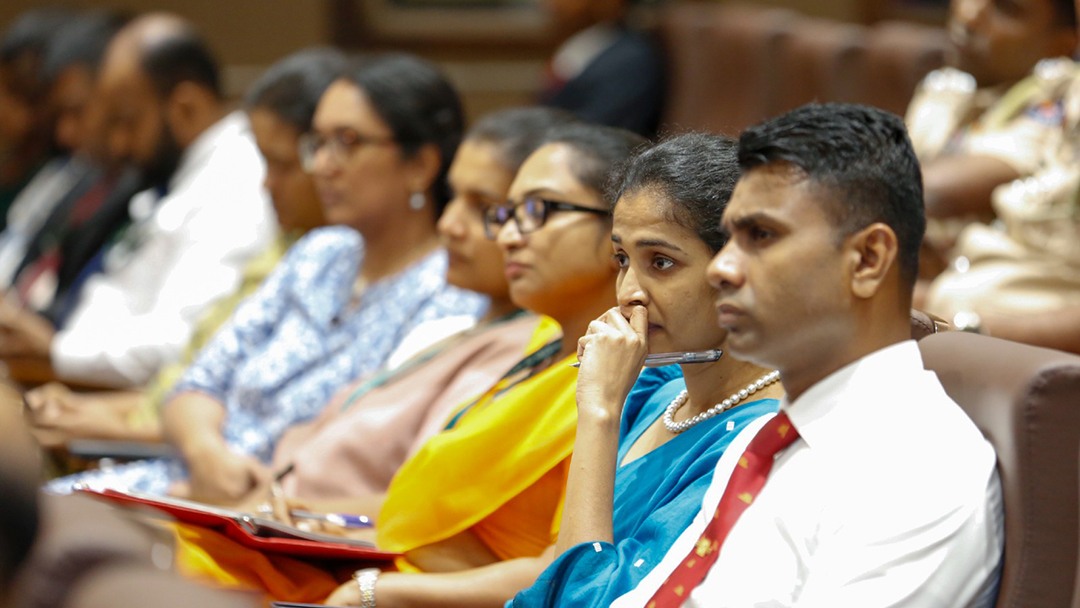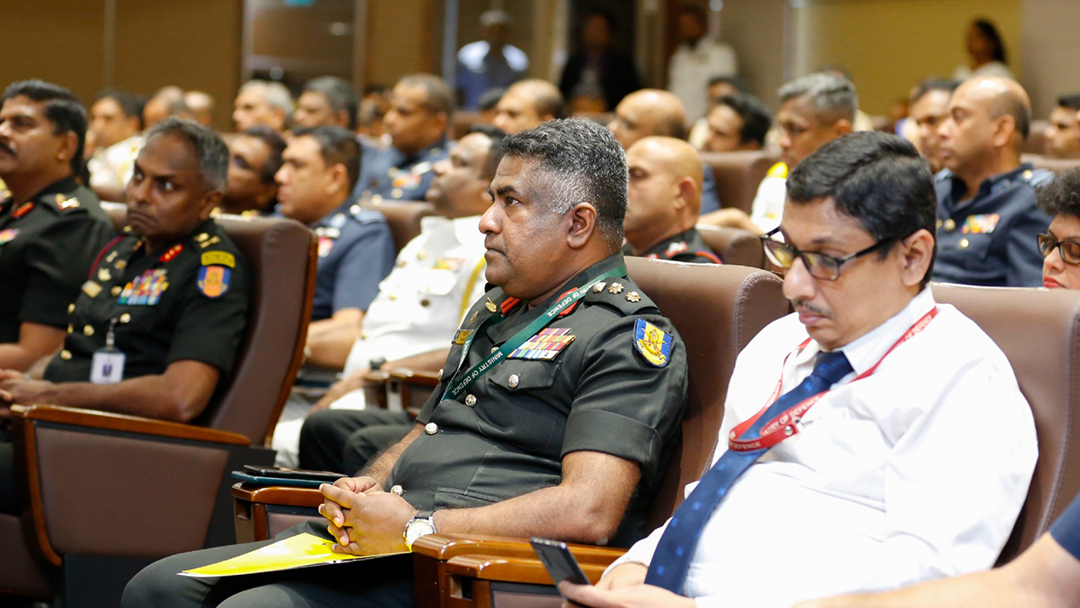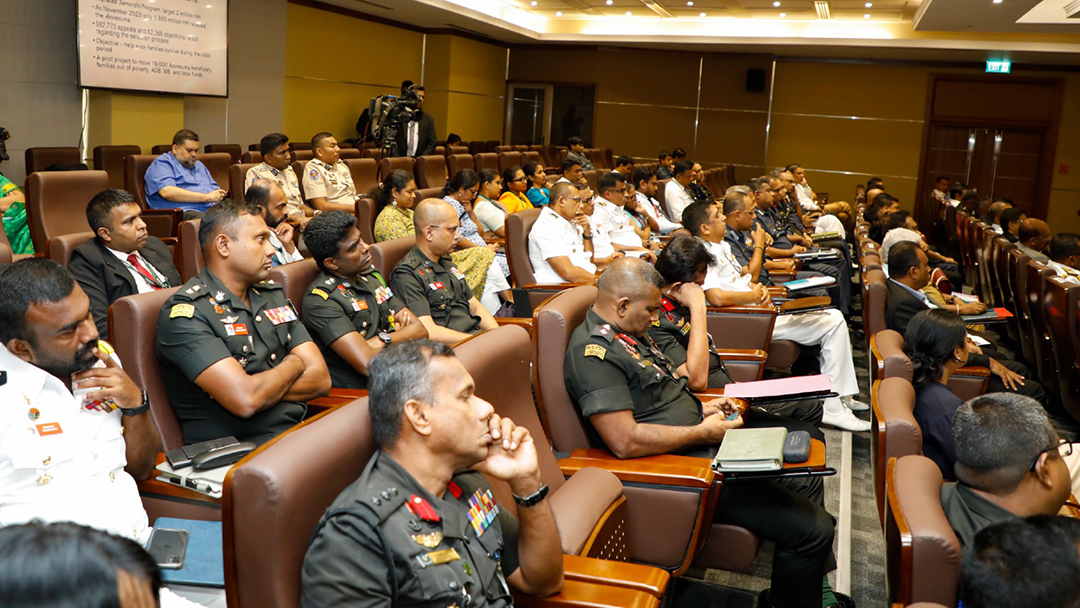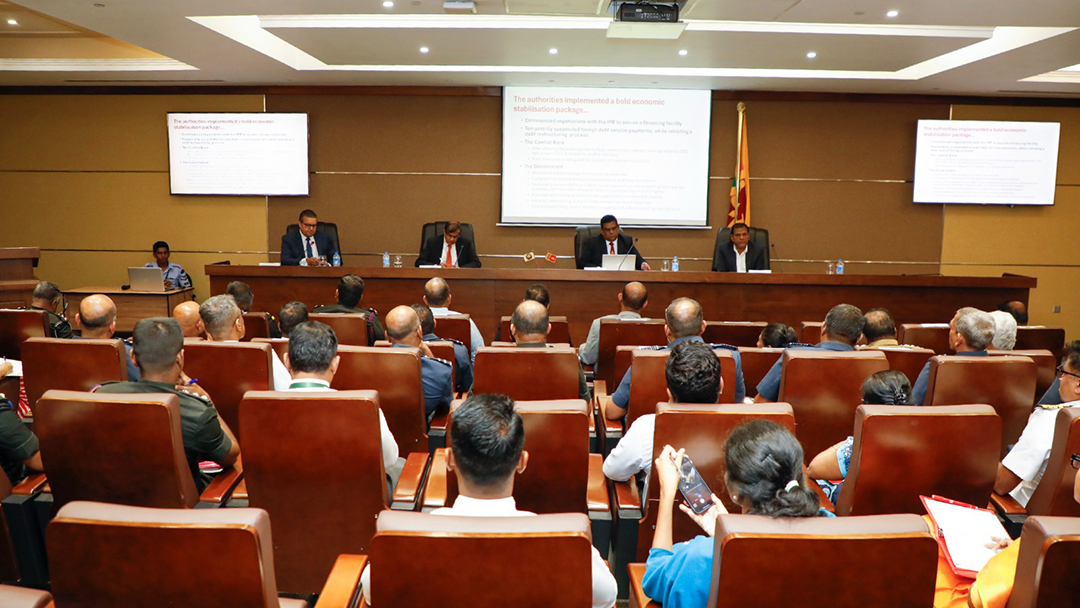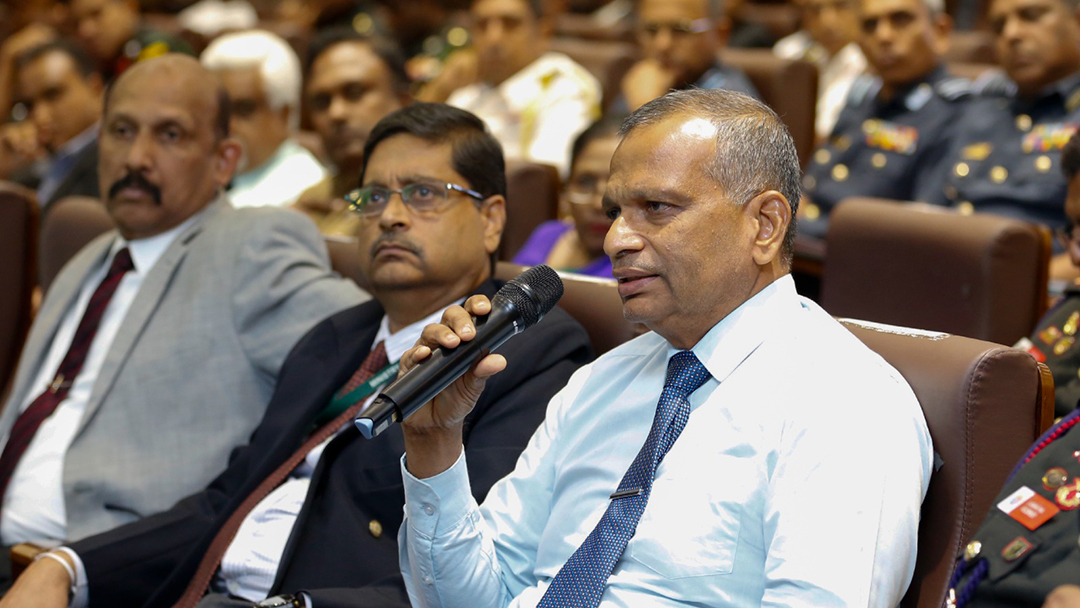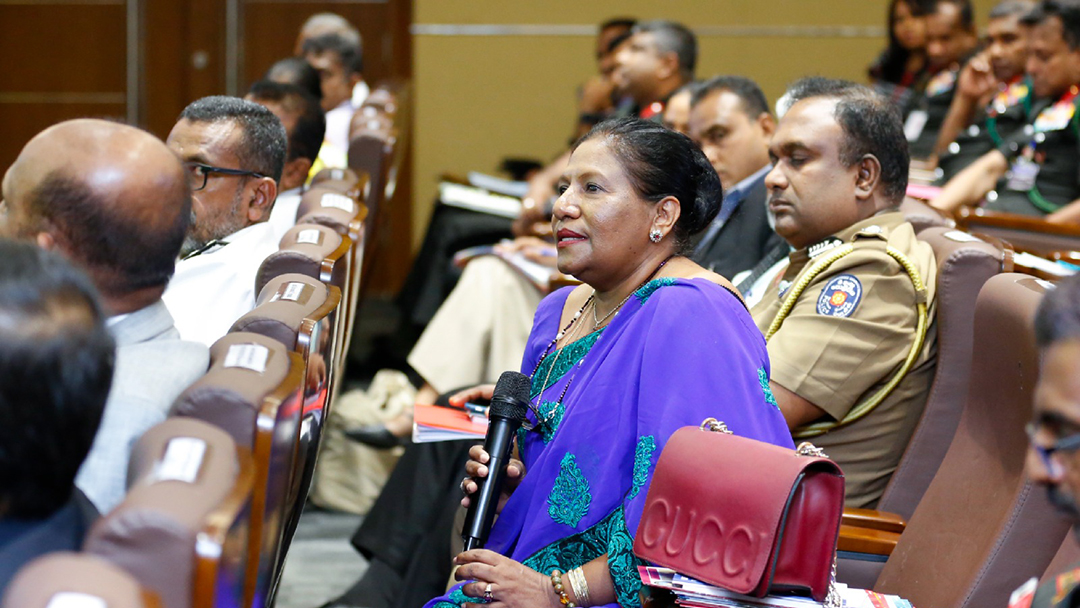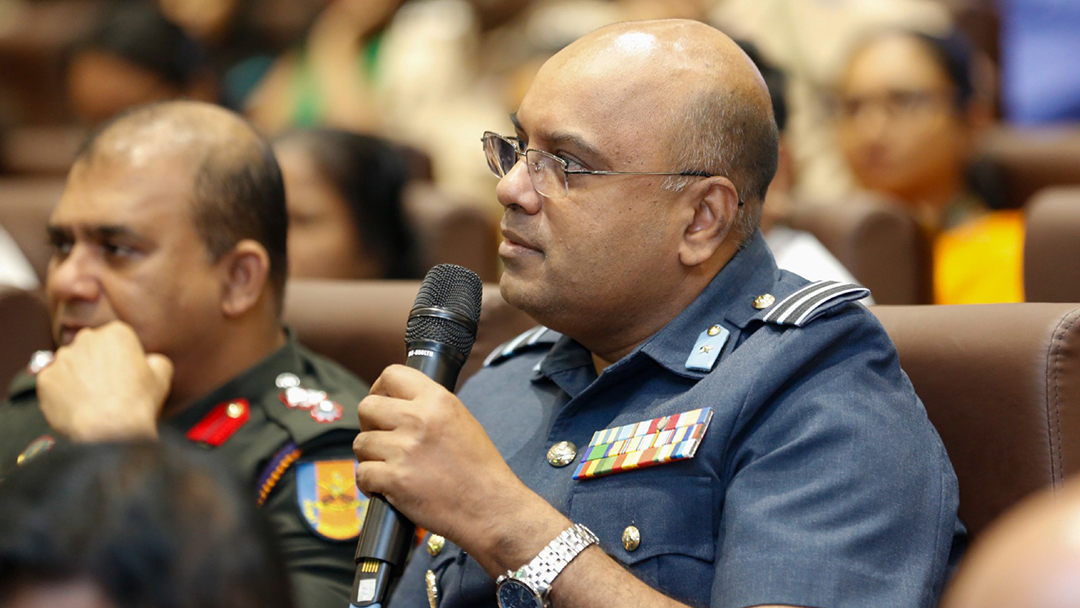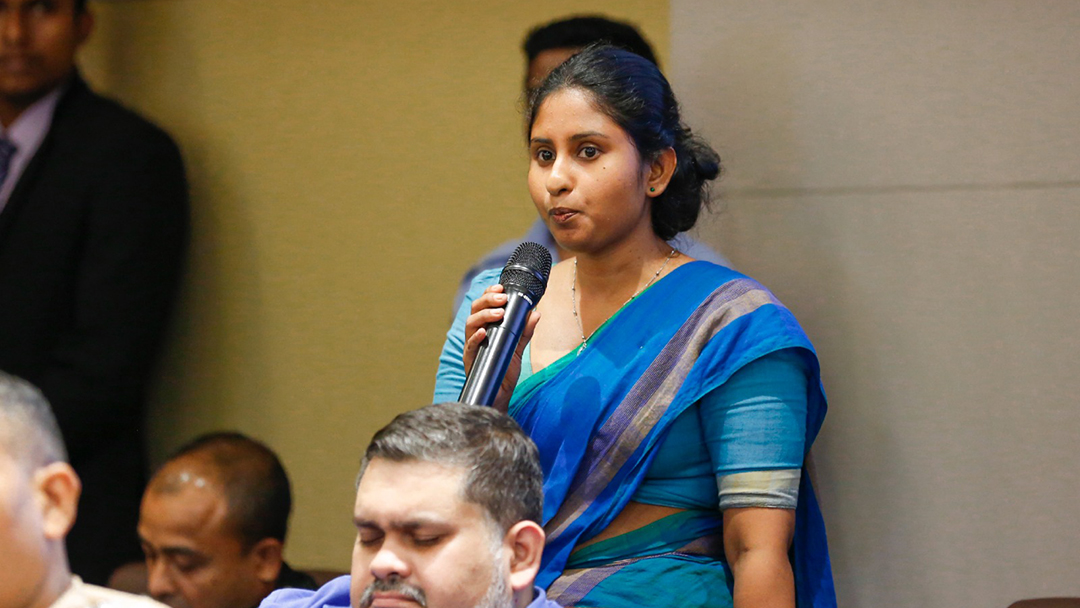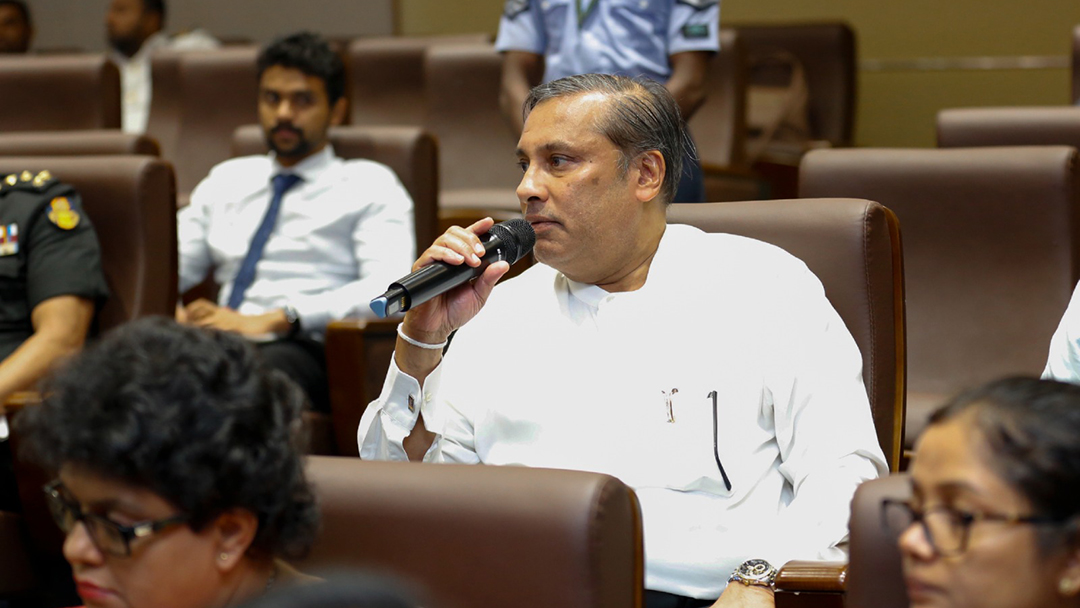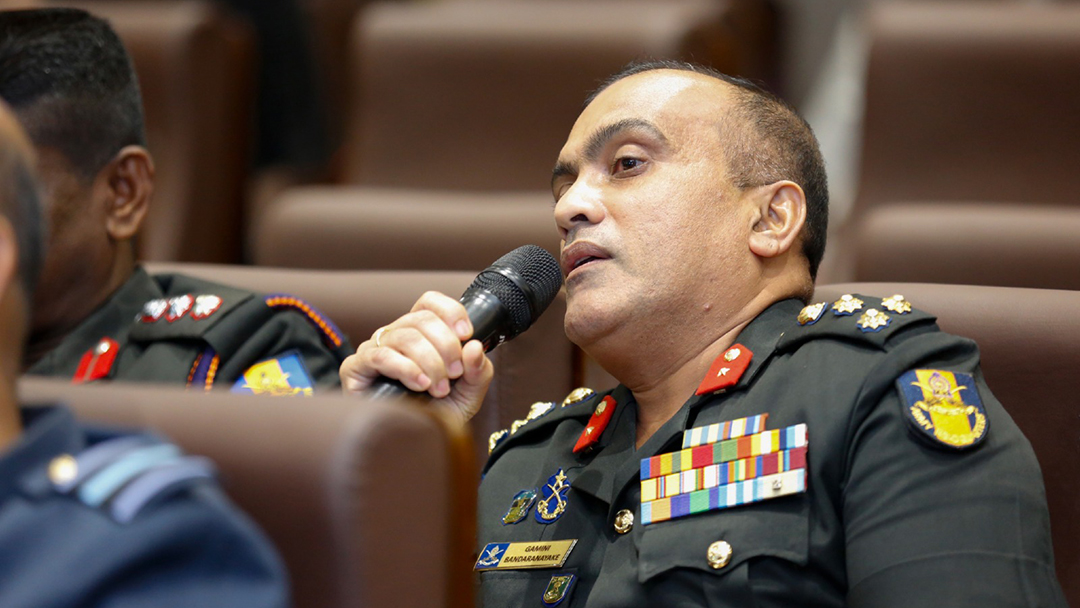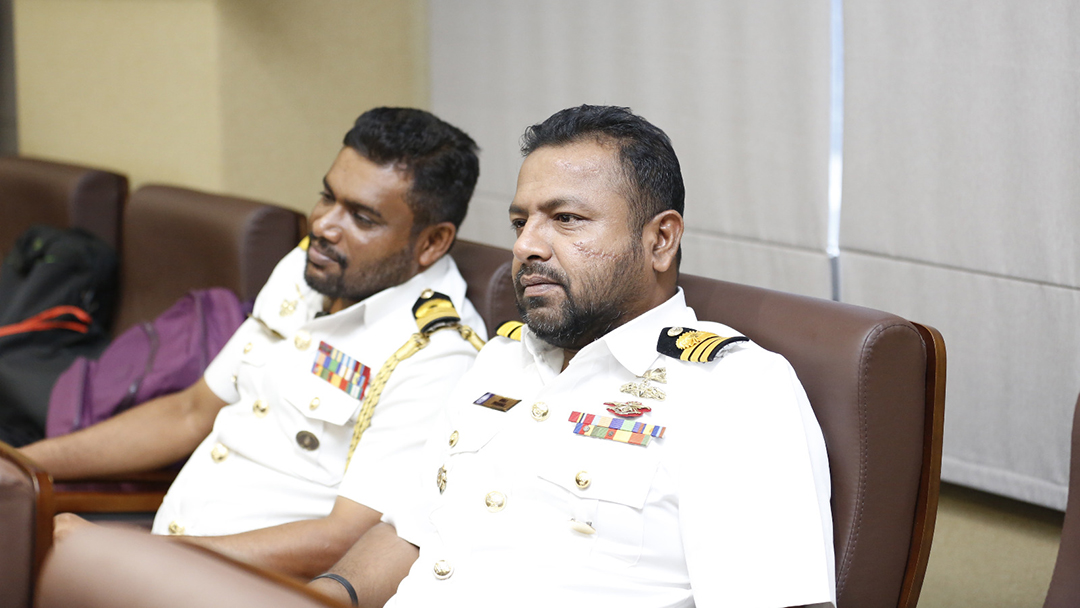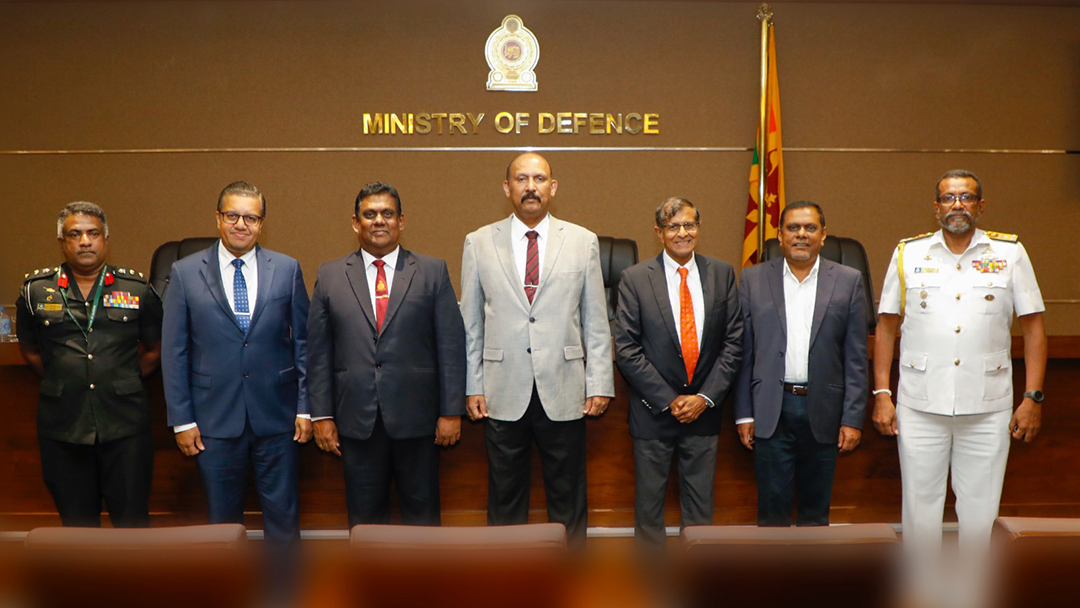
On 21st March 2024, a significant milestone was achieved as the IMF team and the Government of Sri Lanka concluded a staff-level agreement to complete the second review of the IMF Program. This agreement, pending IMF Board approval, has the potential to unlock another tranche of financing for Sri Lanka.
Recognizing the critical juncture as Sri Lanka prepares for the Presidential and Parliamentary elections in the years of 2024 -2025, the INSS, under the Ministry of Defence, hosted a closed-door Round Table Discussion (RTD) on 6th June 2024 to evaluate the state of Sri Lanka's economy one year after the IMF program at the Nandimithra Auditorium, Ministry of Defence.
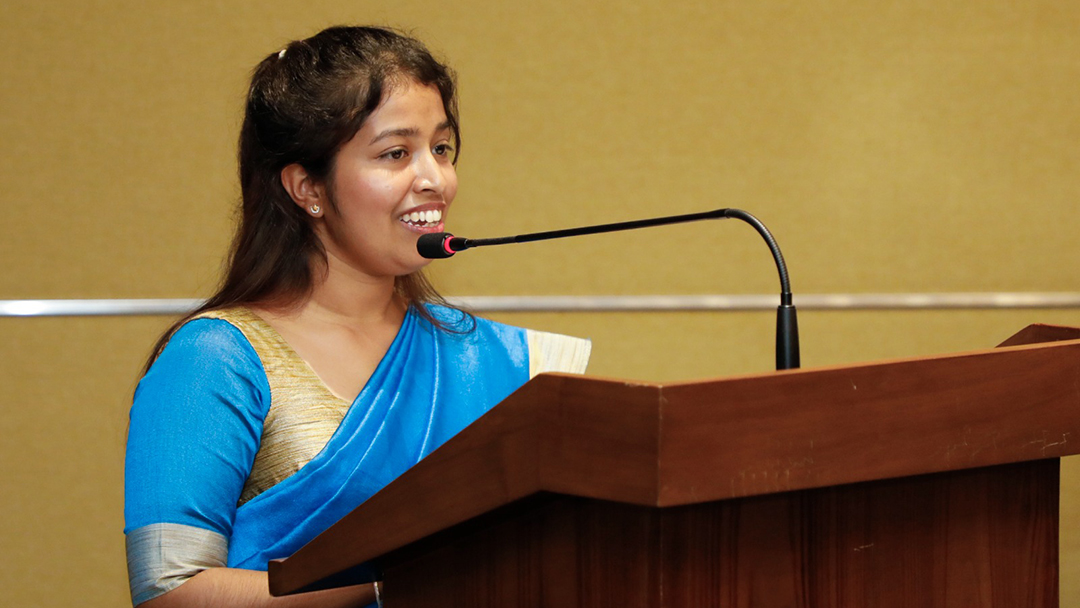
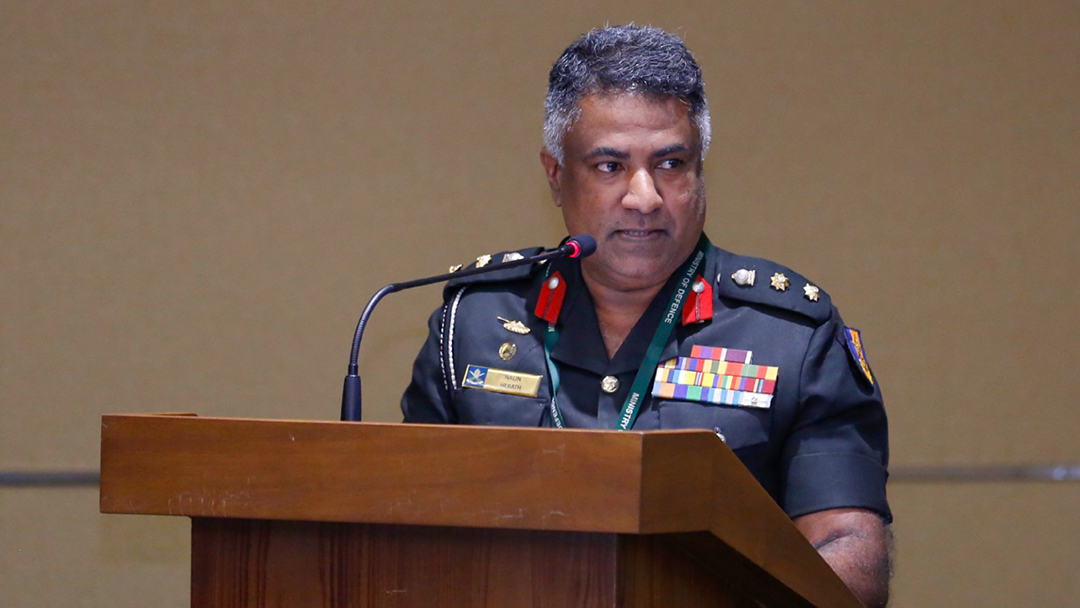
The discussion delved into critical issues, including an assessment of how Sri Lanka's economic security and outlook have evolved since 2022, an analysis of the economic challenges facing the country in an election year, and a discussion on policy priorities essential for enhancing national economic security and building a strong, prosperous future.
The General G D H Kamal Gunaratne WWV RWP RSP USP ndc psc MPhil, Secretary, Ministry of Defence graced occasion as chief guest.
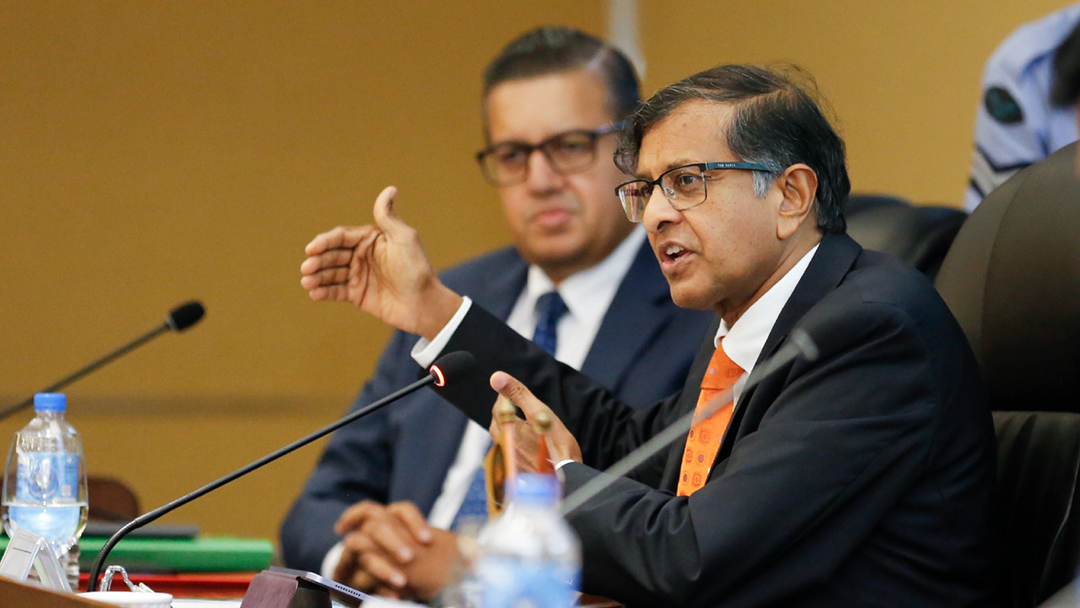
• The event was moderated by Dr. Ganeshan Wignaraja, Visiting Senior Fellow at ODI Global, United Kingdom, and former Executive Director of the Lakshman Kadirgamar Institute (LKI).
Distinguished Panel of Speakers:
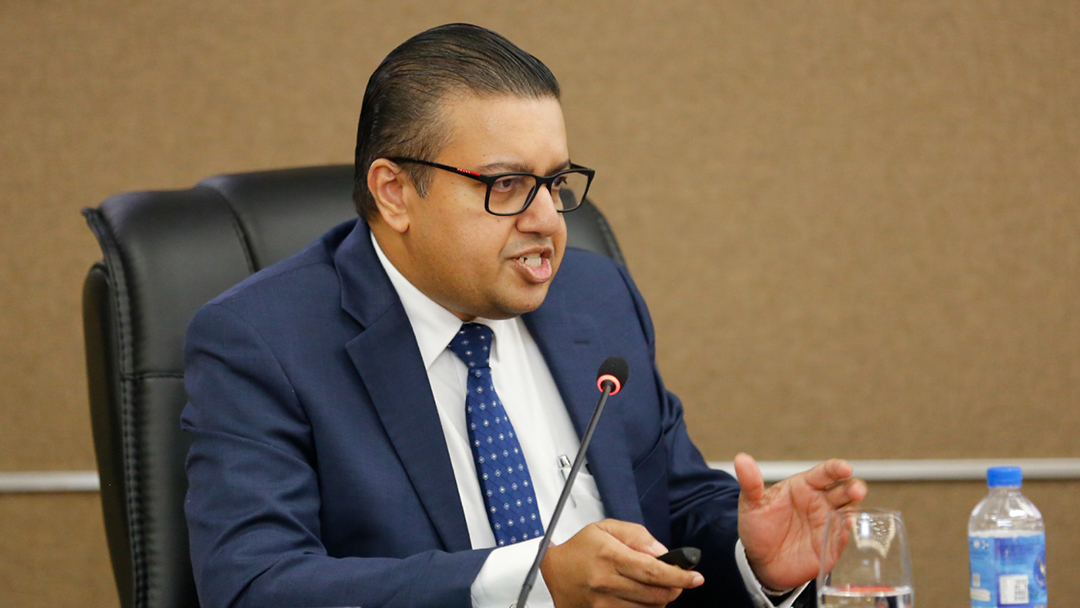
• Dr. Chandranath Amarasekara, Assistant Governor, Central Bank of Sri Lanka: “Sri Lanka’s Macroeconomic Outlook and IMF Program in 2024-2025”
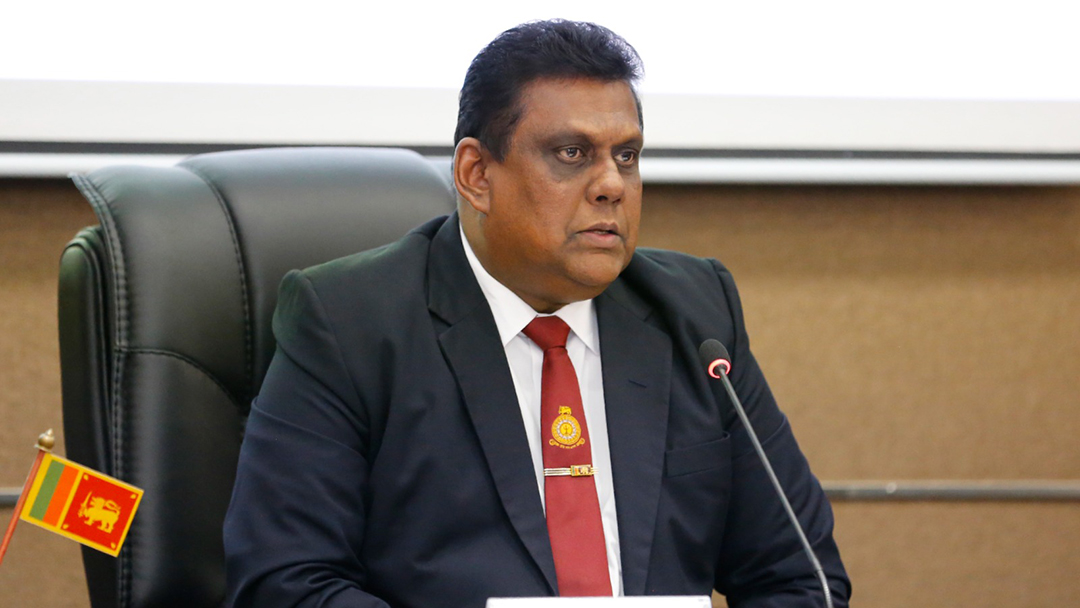
• Senior Professor H.D. Karunaratne, Vice Chancellor, University of Colombo: “Medium-Term Challenges: Education Reform, Aging Population, Skilled Outmigration”

• Dr. Herath Gunatilake, Executive Director, Centre for Poverty Analysis (CEPA): “Crisis-Driven Poverty and Child Malnutrition: Solutions”
Policy Outcomes:
The discussion yielded several key policy outcomes:
1. Enhanced Economic Security: Strategies to strengthen Sri Lanka's economic resilience in the face of global and domestic challenges.
2. Innovative Solutions: Exploring new technologies and methodologies to address economic and security concerns.
3. Interdisciplinary Approaches: Encouraging collaboration across various fields to develop comprehensive solutions.
4. Actionable Insights: Providing policymakers with concrete recommendations to guide future economic policies.
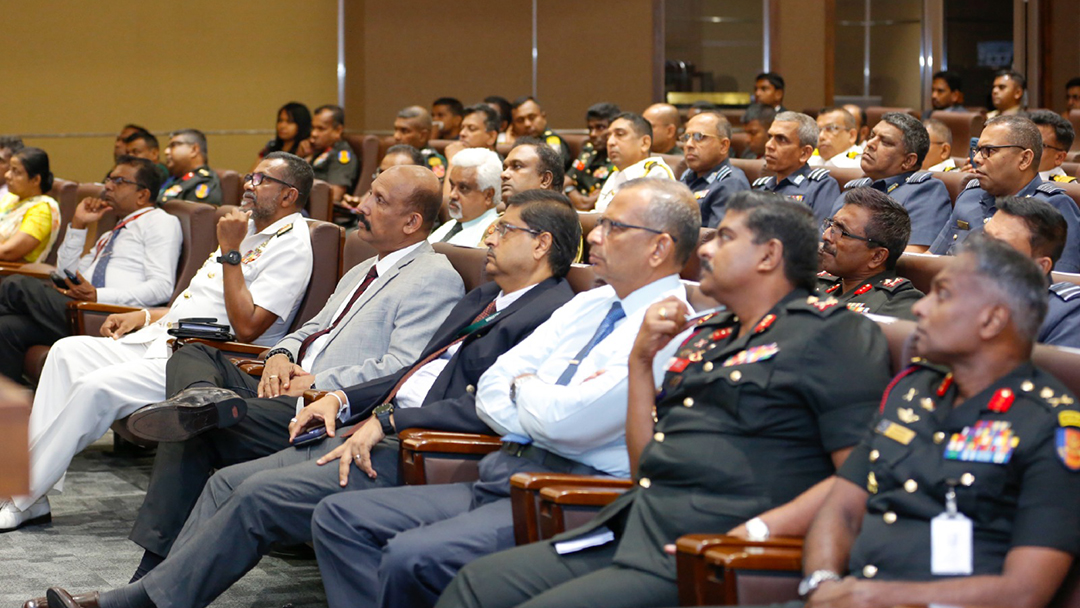
The audience consisted of ministry officials, economists, academics, researchers, policymakers, and representatives from Sri Lanka's Armed Forces and Police. This diverse group of participants ensured a rich exchange of ideas and perspectives, contributing to a well-rounded understanding of the issues at hand.
